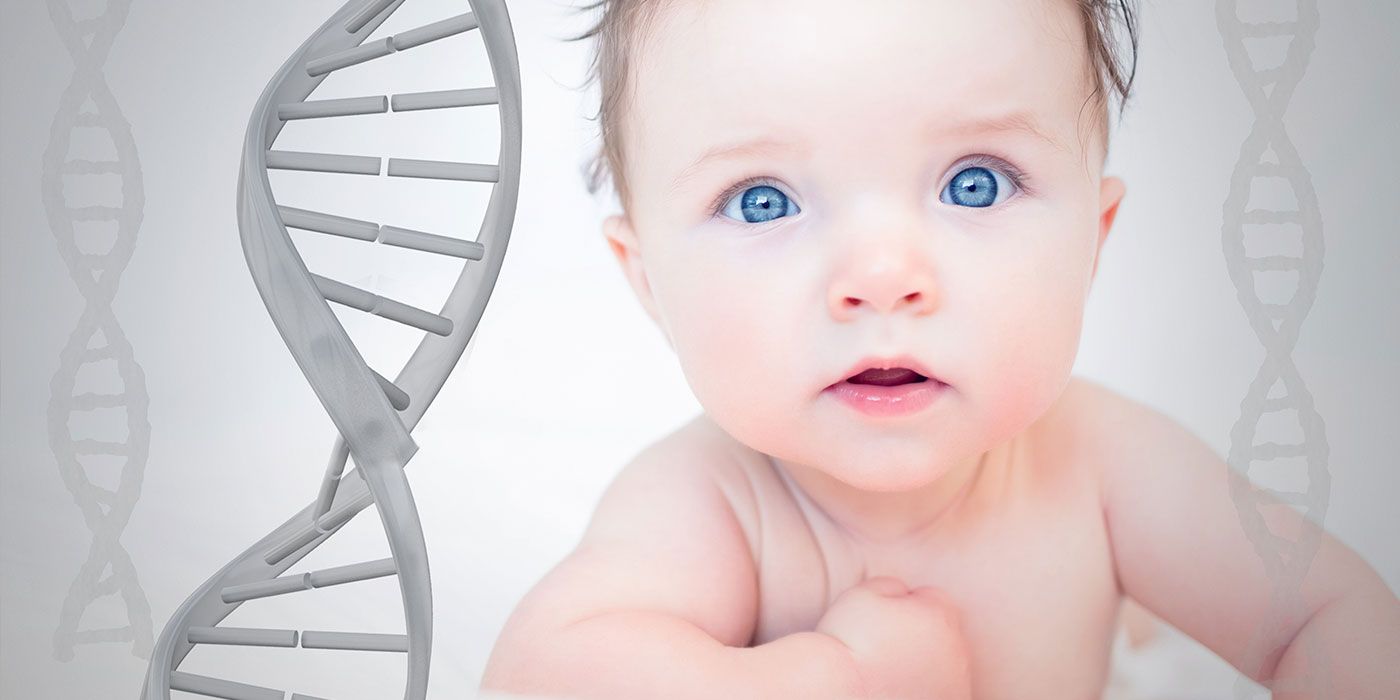
DiGeorge Syndrome: Causes, Risk Factors, Screening and Prevalence
DiGeorge Syndrome, also commonly known as 22q11.2 deletion syndrome (or simply 22q del,) is a complex and multifaceted disorder that many people may not be aware of. This blog post aims to shed light on the causes and risk factors of DiGeorge Syndrome, discuss screening options such as Non-Invasive Prenatal Testing (NIPT), and compare its prevalence with conditions such as Down’s Syndrome.
Understanding DiGeorge Syndrome (22Q DEL)
DiGeorge Syndrome is a chromosomal disorder caused by the deletion of a small piece of chromosome 22, specifically on the q11.2 region. The deletion happens spontaneously during the formation of reproductive cells or in early fetal development. The primary cause of 22q del is unknown, and it typically isn’t inherited from the parents.
The syndrome is characterised by a wide range of potential symptoms, including heart defects, certain facial features, and learning difficulties.problems with immune system and other abnormalities. Unfortunately, 22q del syndrome is also associated with learning difficulties and psychiatric or behavioural problems like autism and schizophrenia. Due to its complex nature, different individuals affected may present a different set of symptoms, making it a highly variable condition.
Risk Factors
Although the exact cause of the chromosomal deletion leading to DiGeorge Syndrome is unknown, it’s not typically associated with the age of the parent, unlike some other genetic disorders. The occurrence appears to be mostly random, which means that all pregnancies, irrespective of familial history, have a minimal but real risk.
Screening for DiGeorge Syndrome: The Role of NIPT
Non-Invasive Prenatal Testing (NIPT) has emerged as an invaluable tool for the early detection of several genetic disorders, including DiGeorge Syndrome. NIPT analyses cell-free DNA in the maternal blood to detect common chromosomal abnormalities. This test can be performed from the 10th week of pregnancy and poses no risk to the fetus.
While NIPT is highly accurate for detecting common trisomies like Down’s Syndrome (trisomy 21), Edwards’ syndrome (trisomy 18), and Patau’s syndrome (trisomy 13), it’s also valuable for identifying deletions like those causing DiGeorge Syndrome. It’s essential to remember, however, that a positive NIPT result for DiGeorge syndrome should be confirmed with diagnostic tests like amniocentesis or chorionic villus sampling (CVS) for a definitive diagnosis.
Not all NIPT provider offer reliable screening for DiGeorge Syndrome. Recently, the Panorama AI NIPT demonstrated impressive clinical performance for screening Di George Syndrome, you can read more about the study here. In well-designed prospective study Panorama Test was able to detect more than 80% of the fetuses affected by 22q del, showing an outstanding 50% positive predicted value.
Prevalence of DiGeorge Syndrome vs Down’s Syndrome
DiGeorge Syndrome is considered one of the most common genetic syndromes, second only to Down’s Syndrome. In the general population, it’s estimated to affect between 1 in 2,000 to 1 in 4,000 live births. Younger women have the same chance to deliver baby with 22q del as older ones.
In contrast, Down’s Syndrome, the most common chromosomal disorder, has a higher prevalence rate, affecting approximately 1 in 1,000 to 1 in 1,100 live births worldwide. The frequency of Down’s Syndrome increases significantly with the mother’s age, particularly from 35 years onwards.
Conclusion
Understanding and awareness of genetic disorders like DiGeorge Syndrome are crucial, not just for healthcare professionals, but for the general public too. While DiGeorge Syndrome is less common than Down’s Syndrome, it still represents a significant proportion of genetic disorders. By employing advanced screening methods such as NIPT, early detection and management of these conditions can be made possible.
Remember, if you have concerns or questions about genetic disorders or prenatal testing, it’s always best to consult with a healthcare professional who can provide advice tailored to your individual circumstances.

